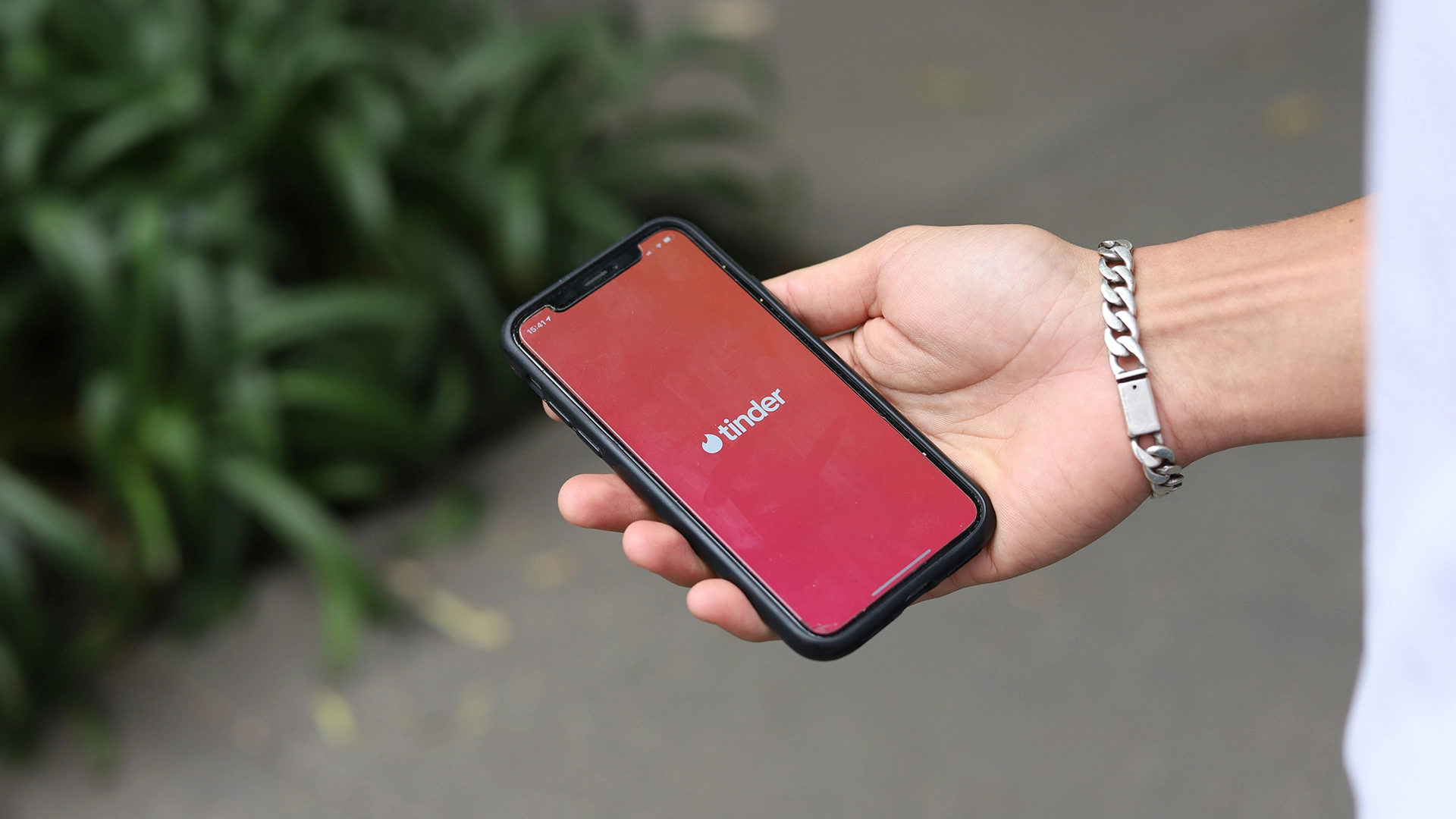
Image by Good Faces Agency, from Unsplash
Tinder Now Requires Facial Recognition For California Users
Tinder now requires new users in California to complete a facial recognition scan, aiming to stop fake accounts and improve user safety.
In a rush? Here are the quick facts:
- Tinder now requires facial recognition for new users in California.
- Face Check uses video selfies and biometric tech for verification.
- Verified users receive a badge; selfie video is then deleted.
Starting this week, Tinder requires all new users from California to complete facial recognition verification, as first reported by Axios. The new “Face Check” tool has been confirmed by Match Group executives designed to fight fake accounts, online impersonation, and bots.
The Face Check process requires users to record a brief video selfie when they register their account. The system uses FaceTec biometric technology to confirm that the person exists in reality, that their profile pictures match their appearance, and that the account links to single profiles only.
After verification, the system grants users a verified badge. The system discards the video data but maintains an encrypted, unalterable face representation, which helps identify duplicate profiles.
“This person is a real, live person and not a bot or a spoofed account,” said Yoel Roth, head of trust and safety at Match Group, as reported by Axios. “We see this as one part of a set of identity assurance options that are available to users,” he added.
Face Check is a separate process from Tinder’s ID Check, which verifies user age and identity using government-issued identification documents. The photo verification process using video selfies used to be optional, but it’s now mandatory for Californians.
The feature was previously tested in Colombia and Canada. According to Roth, those pilots showed “promising” results: fewer reports of fake profiles and improved trust in the platform. California was chosen as the first U.S. market due to its size, diversity, and strict digital privacy laws, as reported by Axios.
The rollout comes at a critical time when artificial intelligence is fueling a rise in deepfake-enabled sextortion scams, particularly on dating platforms. The use of AI by scammers has become more prevalent, as they create sophisticated fake romantic profiles that use deepfake images, and use with chatbot-generated dialogue.
In some cases, criminals even superimpose victims’ faces onto explicit content using deepfake technology, eliminating the need for actual shared content before launching blackmail threats.
Law enforcement and safety experts warn that these scams are especially hard to detect, as AI-generated content often evades reverse image searches and traditional red flags like awkward phrasing or inconsistent visuals.
Tinder plans to assess how users in California respond before deciding whether to expand Face Check across the U.S.


 Previous Story
Previous Story

 Latest articles
Latest articles 